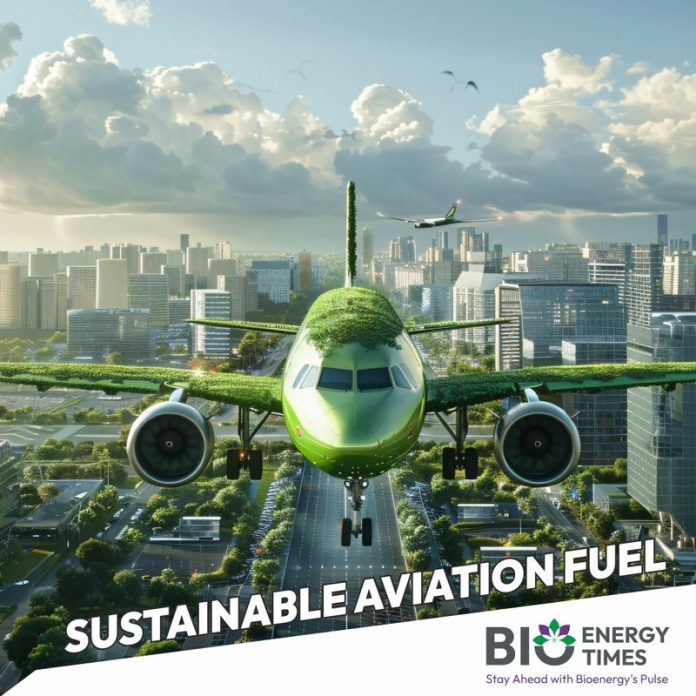DHL Express has announced plans to supply 25,000 tonnes of sustainable aviation fuel (SAF) to Brussels Airport over the next year. The move is part of the company’s commitment to reducing its carbon footprint, replacing roughly one-third of the conventional kerosene used in its flights from Brussels with SAF made from waste sources like frying oil and animal fat, reports Belga News Agency.
“The sustainable version of kerosene cuts CO2 emissions by up to 80 per cent over its entire life cycle,” DHL stated. While SAF and traditional kerosene produce the same CO2 emissions during flight, SAF’s production process results in significantly lower overall carbon emissions.
The biggest challenge faced by SAF, however, is the environmental benefits it offers: the cost. At a minimum of three times the price of standard kerosene, SAF may be priced out of the market. DHL, though, believes freight aviation is better equipped to absorb this cost. “Business customers are more willing to invest in sustainable solutions,” the company explained.
No one has been more committed to SAF at Brussels Airport than DHL, which signed an agreement to purchase almost 200,000 barrels of fuel. DHL operates about 50 flights per day from the airport during night hours. By 2030, it plans to replace 30% of global kerosene use with SAF.
Brussels Airport is also stepping up its sustainability efforts, targeting SAF to account for 5 per cent of all kerosene used by airlines by 2026. This year, the airport introduced an SAF premium for airlines, with DHL and Brussels Airlines among the early adopters. The airport’s initiatives align with broader goals to reduce aviation’s environmental impact without requiring modifications to existing aircraft engines.
To read more about Sustainable Aviation Fuel Industry News continue reading Bioenergytimes.com















